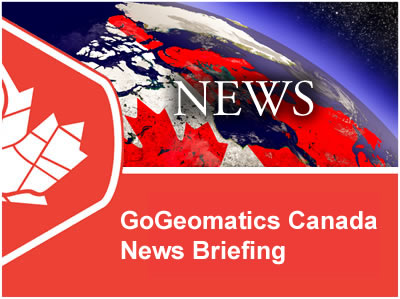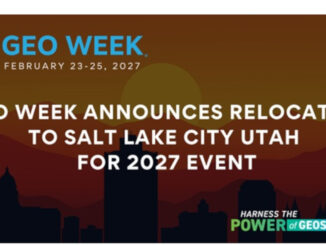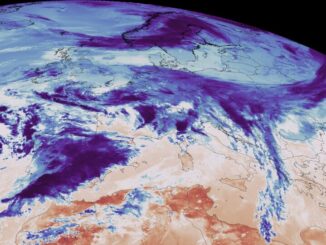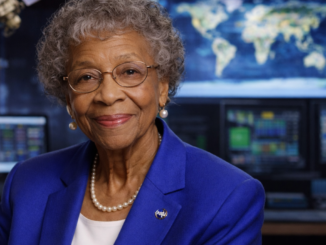
The Unsung Heroes of Canadian Geography

Over 45 years ago, cartographer Betty Fleming discovered a small island off the Labrador Coast: Landsat Island. Using data from Earth Resources Technology Satellite 1 (later named Landsat), Fleming analyzed imagery of the coastline for mapping Canadian terrain and inadvertently plotted permanent features which would eventually be revealed as a hitherto uncharted Canadian Island. Rocky and half the size of a football field, Landsat Island is situated in a dangerous area, preventing Fleming from visiting her discovery; that setback is only part of a long and challenging career as one of the few women to be a specialist in aerial photography, as well as a pilot and camera operator. Nevertheless, her 30-year career is finally receiving some of the recognition it so richly deserves.
Indigenous Atlas represents signals important shift in Truth and Reconciliation
Produced in partnership with the Assembly of First Nations, Inuit Tapiriit Kanatami, the Metis National Council, the National Centre for Truth and Reconciliation, and Indspire, the Indigenous Peoples Atlas of Canada was a Canada 150 project that launched at the end of August 2018. This educational resource on Indigenous lands, languages and culture addresses topics such as treaties, residential schools, colonization, racism, and cultural appropriation, and tells the story of Canada in a new and important way. The Atlas includes a four-volume print component, an online interactive atlas with accompanying app, floor maps and other learning tools for classrooms.
PCI Geomatics forges an alliance with State University of Rio de Janeiro
World leader in remote sensing and photogrammetric software and systems PCI Geomatics has signed a strategic education alliance with the Labgis System Centre of Geotechnologies. The PCI Geomatics Education Alliance Program is a reciprocal knowledge exchange aimed at highlighting research conducted at the State University of Rio de Janeiro. Freddy Paya, Territory Manager of the Americas at PCI Geomatics says “We are excited to have the State University of Rio de Janeiro leveraging Geomatics and other technology to innovate, teach, and carry out research and development. Together, we will help develop the next generation of remote sensing experts and scientists in Brazil.”
Kongsberg complains of unfair procurement against Canadian Military

In response to a complaint made by Kongsberg Geospatial on behalf of Critical Software (a Portuguese firm) that the government’s decision to award a contract to a rival company was unfair, the federal government has stunned the major players by admitting that it never actually tested the search-and-rescue software that won the contract. Ranald McGillis of Konsberg says “We filed this complaint because, in our view, the evaluation did not follow the process defined, resulting in a competition that was neither open nor fair.” A trade tribunal has received the complaint but it is uncertain what ruling it will give.




Be the first to comment